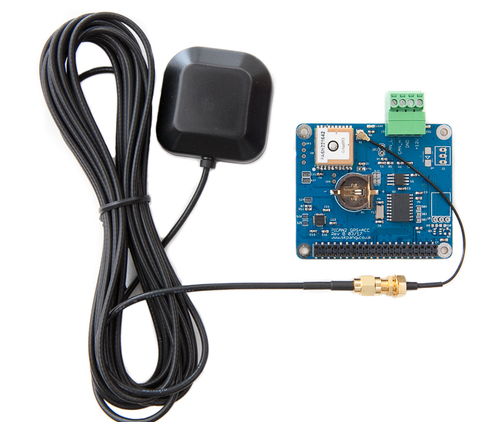Blog
Recent Posts
Introduction To The World Of Artificial Intelligence (AI) Using The Raspberry Pi
Posted by on
Beginning Artificial Intelligence with the Raspberry Pi represents a moderate introduction to the world of Artificial Intelligence (AI) using the Raspberry Pi as the computing platform.
Most of the significant AI topics are explored, including expert systems, machine learning both shallow and deep, fuzzy logic control, and more!
AI in action is demonstrated using the Python language on the Raspberry Pi. The Prolog language is introduced and used to demonstrate fundamental AI concepts.
Also, the Wolfram language is applies as part of the deep machine learning demonstrations.
A series of projects demonstrate how to implement AI concepts with the Raspberry Pi. A minimal expense is needed for the projects as only a few sensors and actuators are required.
Beginners and hobbyists can jump right into creating AI projects with the Raspberry PI using this book.
PiCAN with GPS - Gyro - Accelerometer CAN-Bus Board With SMPS for Raspberry Pi 3
The PiCAN GPS board provides CAN-Bus and GPS capability for the Raspberry Pi. It uses the Microchip MCP2515 CAN controller. CAN connections are made via 4 way screw terminal plugs. The GPS is provided by a 66-channels MTK3339 chipset module. An onboard battery holder exists for a CR1225 cell. The backup power is for the real time clock and helps reduce startup times. The GPS module has a built-in patch antenna but an external active antenna can also be used via uFL connector.
The MPU-6050 provides six axis gyro and accelerometer with an onboard Digital Motion Processor (DMPTM) capable of processing complex 9-axis MotionFusion algorithms. It does away with the cross-axis alignment problems that can creep up on discrete parts.
There is an easy-to-install SocketCAN driver, and programming can be accomplished using C or Python.
The Switch mode power supply (SMPS) allows connecting an input voltage range of 6 VDC to 30 VDC suitable for industrial and automotive applications and environments.
 Loading... Please wait...
Loading... Please wait...


